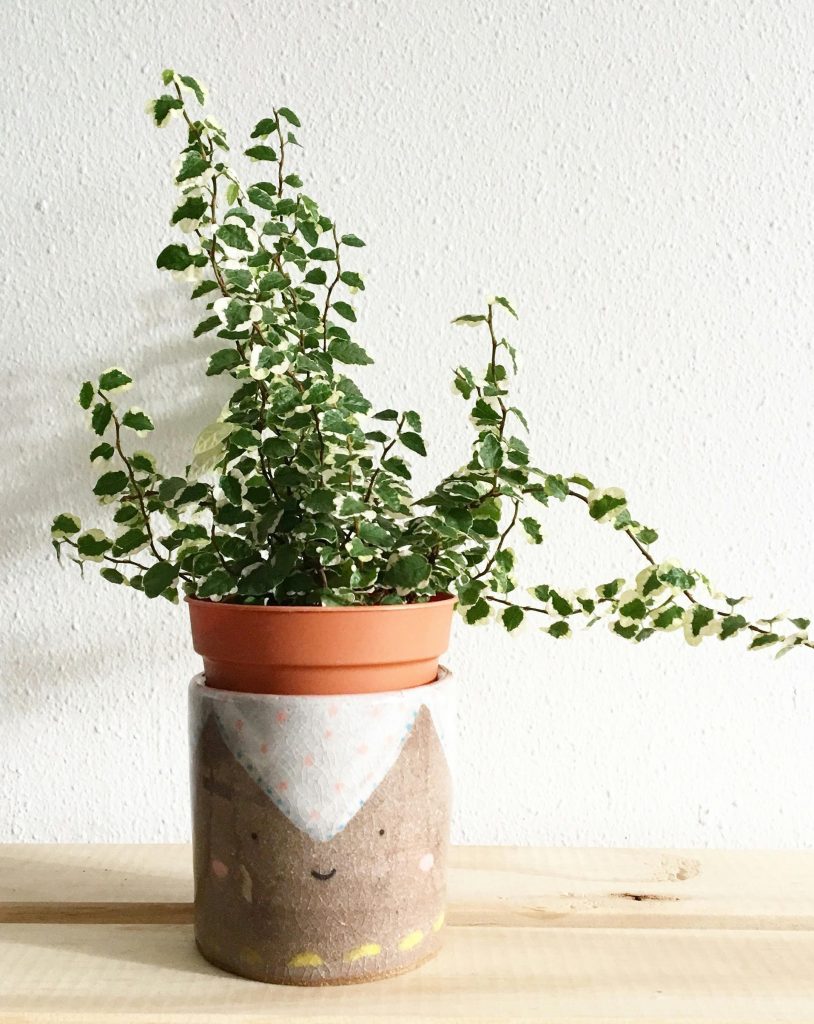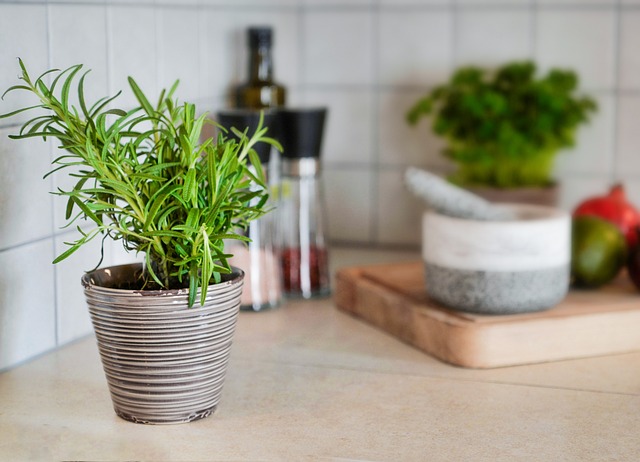
You may talk to your pets, houseplants and even a tasty sourdough starter. But what about your herbs? If you’ve ever whispered sweet nothings to your basil or offered a pep talk to your parsley, you’re not alone — and science says you might be onto something.
Why Talking to Herbs Isn’t as Wild as It Sounds
It turns out that plants aren’t just passive greenery. They respond to external stimuli, including light, touch and even sound. Several studies suggest that they can detect and react to vibrations, including the frequencies in your voice.
A recent study found that plants respond to sound waves, such as voices and music, at 50-120 hertz and 20-100 kilohertz, using sound to trigger specific growth changes. It helps them grow toward underground water vibrations, sweeten their flowers for nearby pollinators and prepare defenses against grazing animals and insects.
That doesn’t mean your oregano understands English. It could mean that sound waves — like the ones your voice produces — may influence cellular activity, especially when it comes to root growth and photosynthesis.
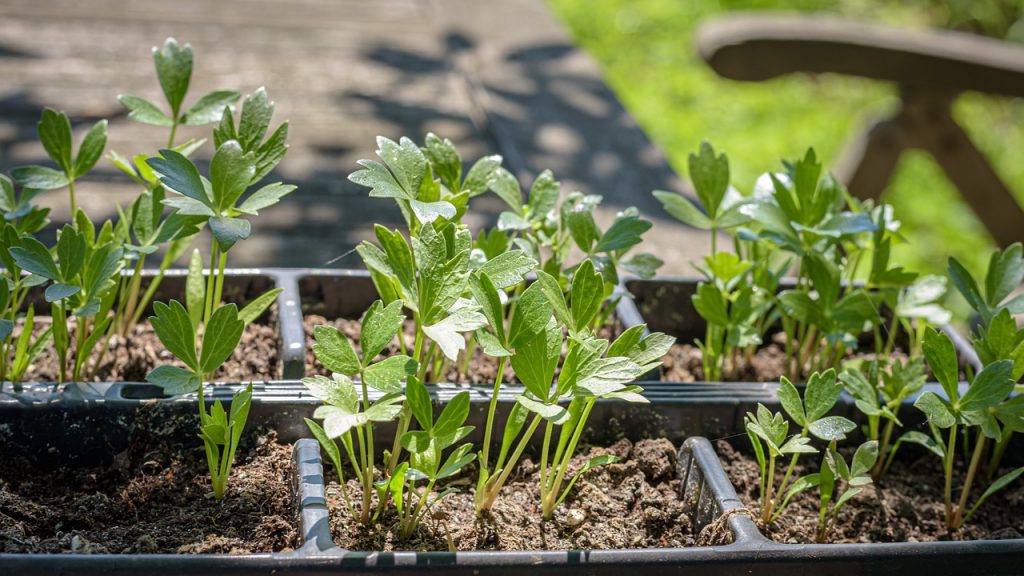
What Happens When You Talk to Your Herbs?
When you speak, you emit vibrations that travel through the air and the surface the pot is sitting on. Your herbs may not “hear” you in the way you hear music, but they can detect those vibrations.
An older, groundbreaking study by the University of Missouri found that plants could respond to the sound of caterpillars munching on leaves — essentially preparing themselves for attack. That level of sensory detection supports the idea that sound can trigger physical responses in plants, from gene expression to chemical defense systems. Recent studies support this by finding that even a minute of sound exposure can trigger deep tissue responses in leaves.
So, when you talk to your rosemary, it might not be about the words — it’s about the movement of energy through the air.
Is There a “Right Way” to Talk to Plants?
There’s no magic incantation. But consistency, tone and proximity might matter more than you think. Soft, low frequencies mimic natural environmental sounds like wind or insects, which may be more familiar to plants than higher-pitched human speech. So, you may want to listen to your Celine Dion or Britney Spears albums over headphones if you value your mint’s growth.
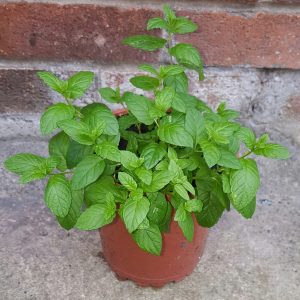
Speaking closely to your herbs creates stronger local vibrations than shouting from across the room, and researchers in the above study positioned their speakers 10 centimeters from the plant. Daily interactions may help create a more favorable microenvironment, especially if you observe changes and adjust their care.
Think of it like mindful gardening. You’re not just talking — you’re tuning in.
The Air They Breathe Matters, Too
Before you start your daily chat with your mint, ensure the air around it isn’t sabotaging your efforts. Even if you do everything right, poor indoor air quality can negatively affect your plants by reducing the conditions needed for photosynthesis and damaging leaves.
Air pollutants harm your lungs and impact the respiratory-like processes plants rely on, too. That means better indoor air quality benefits both your basil and your breathing. When air quality is too damp, it can also promote mold and mildew formation, which can cause them to rot and damage your skin by triggering allergies.
Additionally, whispering a few kind words to your indoor thyme may also carry other benefits, such as the carbon dioxide in your breath, which boosts growth naturally, and the little humidity you send their way with your exhalations. Dr. Masaru Emoto’s famous rice experiment showed that speaking good words can impact rice’s fermentation, which may also apply to plant growth.
Can Your Herbs Help You in Return?
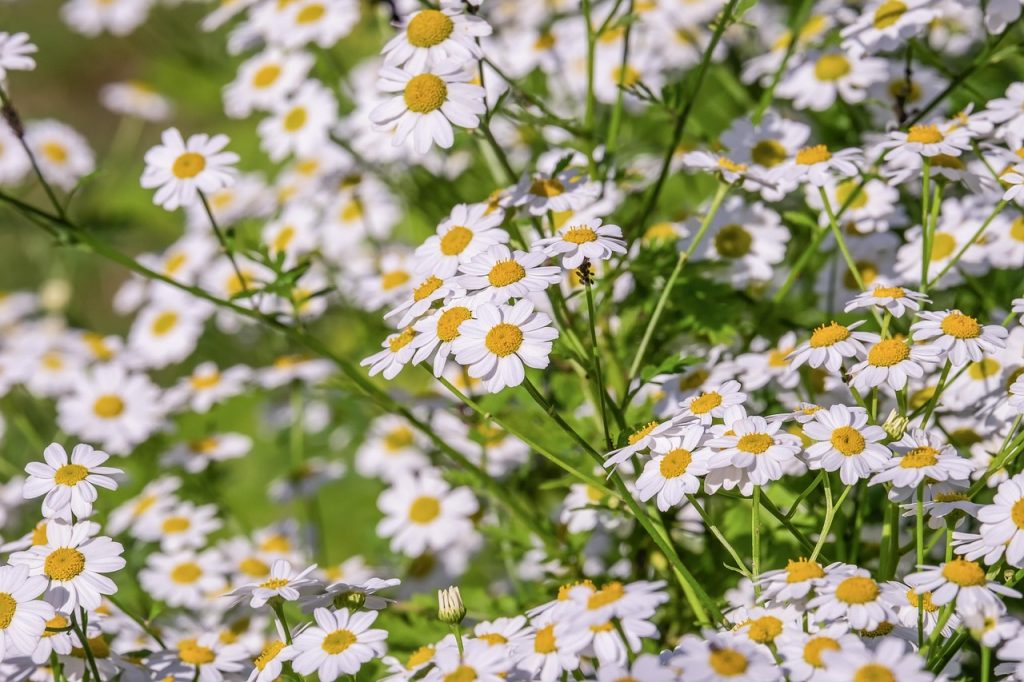
Yes, especially if you’re growing them indoors. Herbs like thyme, oregano and mint contain compounds with antimicrobial and antioxidant properties to sanitize surfaces. When you nurture them in a stress-free environment, including consistent air quality and care, they’re more likely to develop robust flavors and essential oils that enhance their medicinal or culinary value.
Can Plants Talk Back?
While your herbs won’t dish out compliments or sass, they have a voice — just not one you can hear without a little help. Plants emit tiny sounds, especially when stressed. Researchers have recorded ultrasonic “clicks” from tomato and tobacco plants when cut or dehydrated. These sounds, often between 20 and 100 kilohertz, are above the range of human hearing but can be picked up using specialized microphones.
Thanks to emerging tech, it’s now possible to “listen” to your plants. Commercial devices like PlantWave use electrodes to detect subtle changes in plant bioelectrical activity, translating those signals into music or sound. While it’s not a literal conversation, these tools let you sense how your plant responds to touch, light or water in real time.
